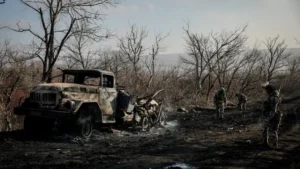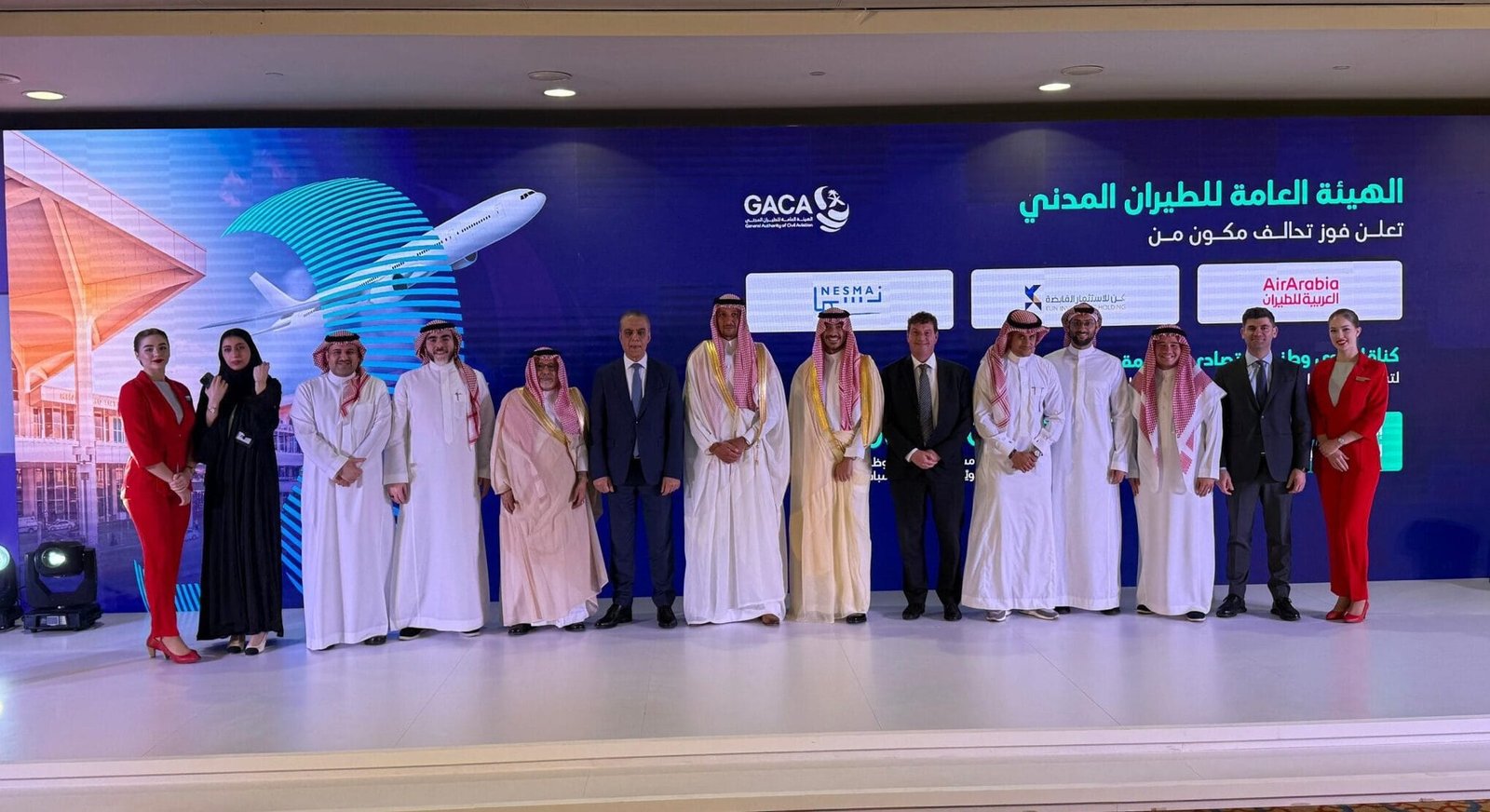Geneva, Switzerland – The foreign ministers of the three countries, in addition to the European Union’s foreign policy chief, informed US Secretary of State Marco Rubio. They stated that they will activate the “re-imposition of sanctions” mechanism, or Snapback, against Iran. This is set to occur on Thursday.
This came after the “fruitless” meeting held in Geneva last Tuesday between Iran and the European Troika (France, Germany and Britain).
A source familiar with the Geneva meeting said that the Iranians “did not present any tangible and detailed results at the table”.
This closed the door to the possibility of extending the deadline for “re-imposing sanctions,” according to Axios.
This mechanism automatically reimposes all UN Security Council sanctions lifted under the 2015 Iran nuclear deal.
This move is also expected to increase economic pressure on Tehran. Consequently, it is likely to lead to an Iranian retaliatory response.
France, Germany, and the United Kingdom gave Iran until the end of this August to take steps regarding its nuclear program. This is to avoid re-imposing United Nations sanctions. The exemption period expires on October 18.
Negotiations and inspection
In order to refrain from re-imposing these sanctions on Iran, the Troika stipulated the resumption of negotiations with the United States regarding the nuclear agreement.
It also demanded that IAEA inspectors be allowed full access to Iranian nuclear facilities.
It also stipulated allowing access to its stockpile of 60% highly enriched uranium.
Iran’s conditions
In return, Tehran stipulated not to negotiate under pressure. They also require guarantees that it would not be targeted militarily during the negotiations.
In addition to obtaining financial compensation for the damage caused by the American and Israeli strikes last June.
In addition to recognizing its right to enrich uranium on its territory.
Note that the Iranian leader, Ali Khamenei, doubted a few days ago the feasibility of negotiating with the American administration.
This may indicate that at least one of the European conditions is difficult or complex to implement.
Rafael Grossi, Director of the International Atomic Energy Agency, explained yesterday, Wednesday, at the conclusion of a two-day visit to Washington. He stated that Iran is legally obligated to allow the resumption of inspections. These must begin “as soon as possible”.
He added that the agency wants to visit “all relevant sites”, including the main nuclear facilities Fordow, Natanz and Isfahan.
The United States struck these three sites last June.
In addition to reviewing the latest developments related to Iran’s stockpile of more than 400 kilograms of enriched uranium.
It is noteworthy that Iranian Deputy Foreign Minister Kazem Gharibabadi had threatened yesterday, Wednesday, that his country might refuse to cooperate with the IAEA.
He linked this to the European Troika launching the “trigger mechanism”.
While the United States and the Troika countries previously agreed. They consider the end of this August as the deadline for concluding a nuclear agreement.

















